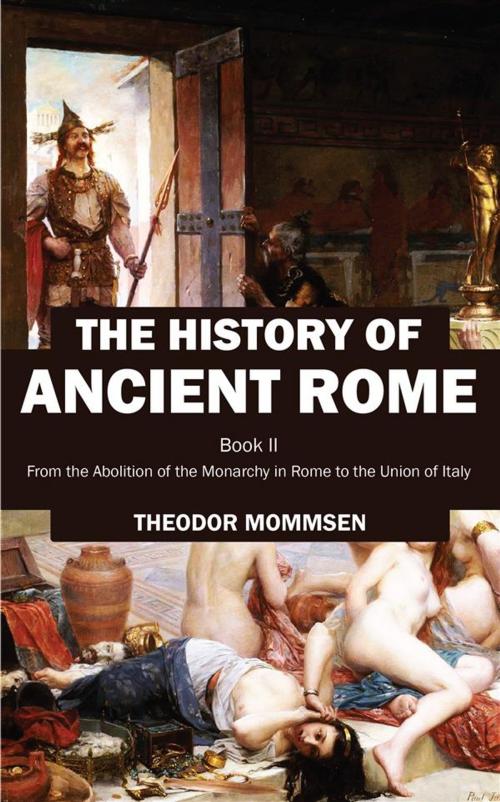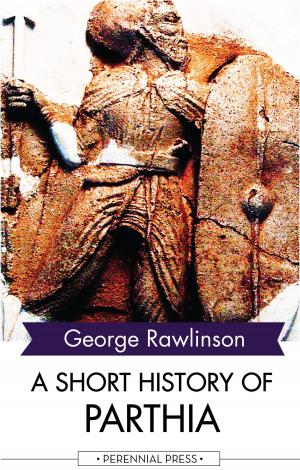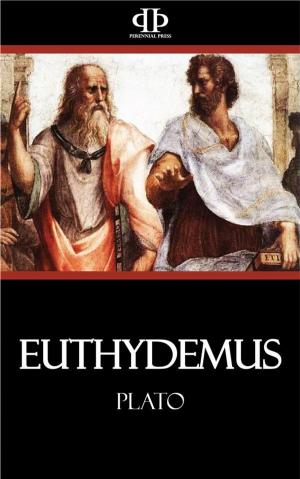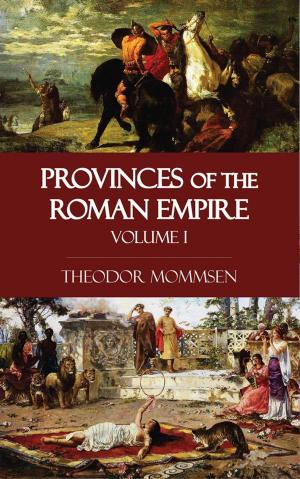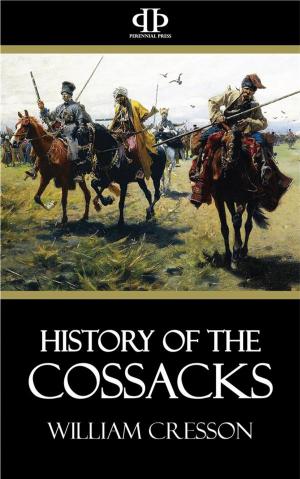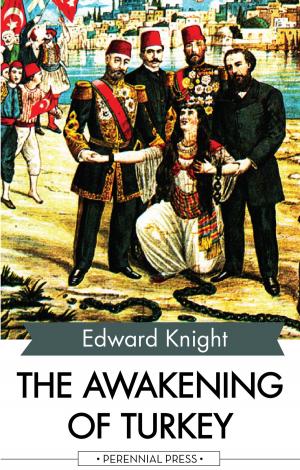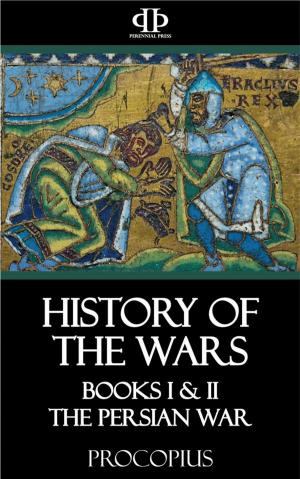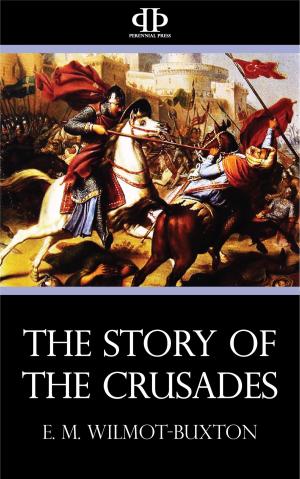The History of Ancient Rome
Book II: From the Abolition of the Monarchy in Rome to the Union of Italy
Nonfiction, History, Italy, Ancient History, Rome| Author: | Theodor Mommsen | ISBN: | 9781531223021 |
| Publisher: | Perennial Press | Publication: | February 21, 2016 |
| Imprint: | Language: | English |
| Author: | Theodor Mommsen |
| ISBN: | 9781531223021 |
| Publisher: | Perennial Press |
| Publication: | February 21, 2016 |
| Imprint: | |
| Language: | English |
The strict conception of the unity and omnipotence of the state in all matters pertaining to it, which was the central principle of the Italian constitutions, placed in the hands of the single president nominated for life a formidable power, which was felt doubtless by the enemies of the land, but was not less heavily felt by its citizens. Abuse and oppression could not fail to ensue, and, as a necessary consequence, efforts were made to lessen that power. It was, however, the grand distinction of the endeavours after reform and the revolutions in Rome, that there was no attempt either to impose limitations on the community as such or even to deprive it of corresponding organs of expression—that there never was any endeavour to assert the so-called natural rights of the individual in contradistinction to the community—that, on the contrary, the attack was wholly directed against the form in which the community was represented. From the times of the Tarquins down to those of the Gracchi the cry of the party of progress in Rome was not for limitation of the power of the state, but for limitation of the power of the magistrates: nor amidst that cry was the truth ever forgotten, that the people ought not to govern, but to be governed.
This struggle was carried on within the burgess-body. Side by side with it another movement developed itself—the cry of the non-burgesses for equality of political privileges. Under this head are included the agitations of the plebeians, the Latins, the Italians, and the freedmen, all of whom—whether they may have borne the name of burgesses, as did the plebeians and the freedmen, or not, as was the case with the Latins and Italians—were destitute of, and desired, political equality.
A third distinction was one of a still more general nature; the distinction between the wealthy and the poor, especially such as had been dispossessed or were endangered in possession. The legal and political relations of Rome led to the rise of a numerous class of farmers—partly small proprietors who were dependent on the mercy of the capitalist, partly small temporary lessees who were dependent on the mercy of the landlord—and in many instances deprived individuals as well as whole communities of the lands which they held, without affecting their personal freedom. By these means the agricultural proletariate became at an early period so powerful as to have a material influence on the destinies of the community. The urban proletariate did not acquire political importance till a much later epoch...
The strict conception of the unity and omnipotence of the state in all matters pertaining to it, which was the central principle of the Italian constitutions, placed in the hands of the single president nominated for life a formidable power, which was felt doubtless by the enemies of the land, but was not less heavily felt by its citizens. Abuse and oppression could not fail to ensue, and, as a necessary consequence, efforts were made to lessen that power. It was, however, the grand distinction of the endeavours after reform and the revolutions in Rome, that there was no attempt either to impose limitations on the community as such or even to deprive it of corresponding organs of expression—that there never was any endeavour to assert the so-called natural rights of the individual in contradistinction to the community—that, on the contrary, the attack was wholly directed against the form in which the community was represented. From the times of the Tarquins down to those of the Gracchi the cry of the party of progress in Rome was not for limitation of the power of the state, but for limitation of the power of the magistrates: nor amidst that cry was the truth ever forgotten, that the people ought not to govern, but to be governed.
This struggle was carried on within the burgess-body. Side by side with it another movement developed itself—the cry of the non-burgesses for equality of political privileges. Under this head are included the agitations of the plebeians, the Latins, the Italians, and the freedmen, all of whom—whether they may have borne the name of burgesses, as did the plebeians and the freedmen, or not, as was the case with the Latins and Italians—were destitute of, and desired, political equality.
A third distinction was one of a still more general nature; the distinction between the wealthy and the poor, especially such as had been dispossessed or were endangered in possession. The legal and political relations of Rome led to the rise of a numerous class of farmers—partly small proprietors who were dependent on the mercy of the capitalist, partly small temporary lessees who were dependent on the mercy of the landlord—and in many instances deprived individuals as well as whole communities of the lands which they held, without affecting their personal freedom. By these means the agricultural proletariate became at an early period so powerful as to have a material influence on the destinies of the community. The urban proletariate did not acquire political importance till a much later epoch...
